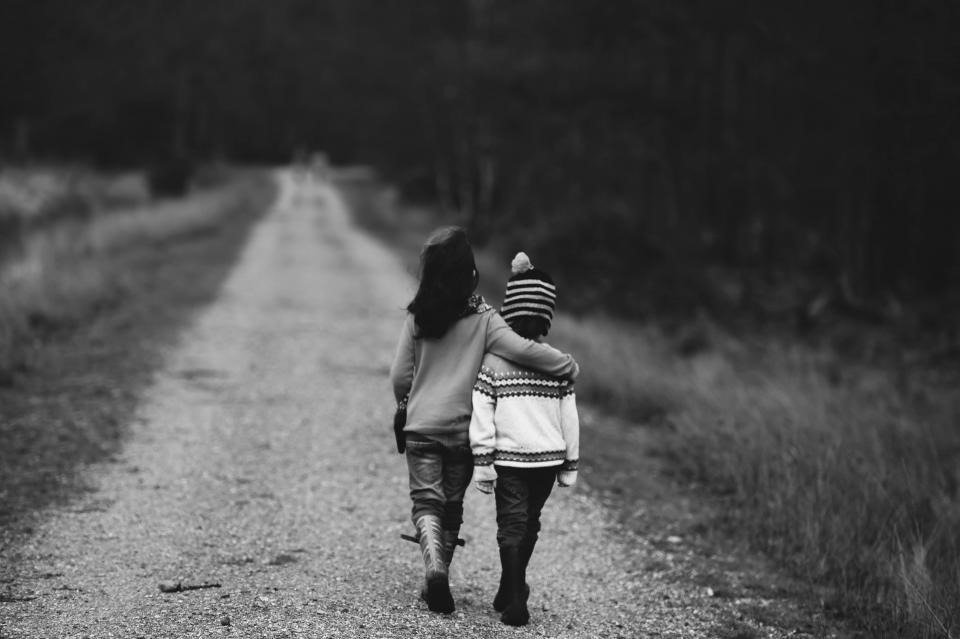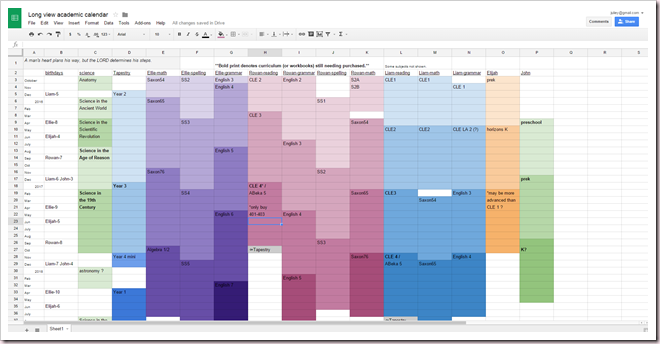 I’m very sorry to say that the first time I read the Elsie Dinsmore books was just this summer. I say “sorry,” because I rather would have liked the experience of reading them as a child, along with Anne Shirley, Laura Ingalls, and Jo March–the Elsie stories are so very similar to these which I’ve known so much longer, and yet very significantly different.
I’m very sorry to say that the first time I read the Elsie Dinsmore books was just this summer. I say “sorry,” because I rather would have liked the experience of reading them as a child, along with Anne Shirley, Laura Ingalls, and Jo March–the Elsie stories are so very similar to these which I’ve known so much longer, and yet very significantly different.
Little Miss Elsie Dinsmore is eight years old when her series opens, and she finds herself in dire circumstances: her mother has died, her father is gallivanting around Europe having never met his little daughter, and she finds herself in her grandparents’ rather hostile home, with a grandmother who dislikes her, a grandfather who is fairer but still prefers his own children (who are Elsie’s age), a schoolteacher who is cruel to her specifically, and a horde of fellow-children aunts and uncles who torment her.
At this point Anne Shirley is escaping into her elaborate world of make-believe and wishing for parents while quoting Tennyson. Elsie, on the other hand, is busy praying for the salvation of her heathen companions, quoting Scripture, and bemoaning her own imperfections in responding to the persecution that surrounds her.
Finally Elsie’s father returns from Europe, and in some ways her life gradually improves–he takes up for his daughter against his siblings and parents–but then Elsie’s in for the darkest days of her life when her father (who is not a Christian), who insists on always being obeyed, asks her to do something she thinks is wrong. The resulting battle of wills between an eight-year-old and her father is fascinating and horrible to read.
The story ends happily, as every believer’s story eventually does, but not before trekking through adolescence, romance, marriage, and children; the Civil War, slavery, criminals, and business ethics; and the ways little girls should choose their friends and the influence friends and companions can have over us.
In short, these are books full of endless thought-provoking dilemmas and assertions by the main characters, who are relentlessly portrayed as flawed and fallen humans. The books have one very major (although rarely surfacing) flaw in their treatment of race; the Union is subtly presented as the “right” side in the War, but the issue lacks some of the clarity we could wish for, and at one point Elsie assures her slaves that they’ll be white in heaven, which was really jarring, to say the least! Theologically the main thing that stuck out to me was Elsie’s obsession with observing the Sabbath in a way that we certainly wouldn’t hold to today; I don’t know enough about the time period to know if her strictness would have been more appropriate back then, but especially since the Sabbath was the heart of the issue Elsie had with her father in the first book (i.e., I agreed more with her father when clearly the authorial intention was to agree with Elsie) this was a hard issue to ignore. I honestly couldn’t tell on my first read-through whether the books were Reformed or not–they were kind of like A.W. Tozer that way!
Lastly, it’s difficult not to find Elsie’s very goodness a literary flaw: what eight-year-old could ever be that holy and consistent? And she does come off at first glance as a goody-goody. But the more I think about it, and especially in these many weeks since I first read the books, I’m becoming convinced that this isn’t a flaw at all: rather, it’s a deep illustration of how very different Christianity and Christian lives should be from secular. One of the major themes of the Elsie books is the difference between being moral people and being true believers, and it strikes me that, as believers, we really should be a little more reserved in our praise of books like Anne of Green Gables and Little Women. I’m the first to admit their artistic superiority, but I think they invite us to confuse morality and common values of bygone years with spirituality. Anne and Jo’s behavior really should perplex us; both girls, however brilliant and intoxicatingly fascinating, were clearly on their fictional way to a fictional version of Hell. Let’s not miss the full impact of that.
 Someone wrote an overview of the Elsie books that pull out some of her “virtues” and make an instructive book out of them. I haven’t read it and I have no plans to–but isn’t it significant that it’s even possible to do that? And have the resulting book be not only about what is “kind” and “moral” and “good citizenship,” but about what’s biblical and what pleases God? I could read some pretty boring books (and the Elsie ones aren’t boring!) for that kind of trade-off in quality that goes far beyond the surface.
Someone wrote an overview of the Elsie books that pull out some of her “virtues” and make an instructive book out of them. I haven’t read it and I have no plans to–but isn’t it significant that it’s even possible to do that? And have the resulting book be not only about what is “kind” and “moral” and “good citizenship,” but about what’s biblical and what pleases God? I could read some pretty boring books (and the Elsie ones aren’t boring!) for that kind of trade-off in quality that goes far beyond the surface.
So, stop reading my blog and go check them out. 🙂 Here’s the first book online.


